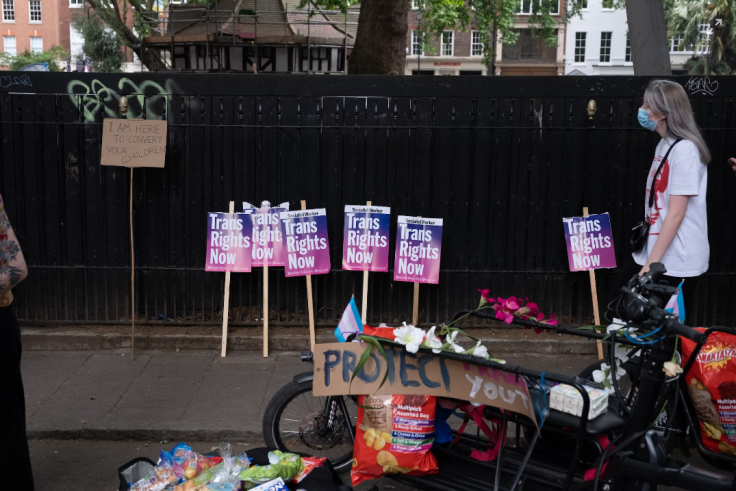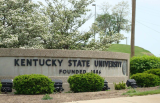In a surprising turn of events, Saint Mary's College, a Roman Catholic women's institution in Indiana, has reversed its previous decision to admit transgender women after facing considerable backlash.
The decision, initially made in June, was met with opposition from the local bishop and concerned alumnae. The recent announcement, conveyed through an email from the college's president, Katie Conboy, and Board of Trustees chair, Maureen Karantz Smith, has reignited discussions about inclusivity, Catholic identity, and the challenges faced by institutions navigating societal shifts.

Underestimating Stakeholder Engagement
The reversal comes in the wake of mounting opposition, particularly from Fort Wayne-South Bend bishop Kevin Rhoades and segments of the alumnae community. The college leadership admitted in their statement that they "clearly underestimated" the extent to which stakeholders wished to be involved in decisions surrounding a policy of such significance. The controversy gained momentum when a student news organization highlighted the June decision late in November, sparking a wave of discussions both within and outside the Saint Mary's community.
READ ALSO : Texas Public Schools And Colleges Prepare Implementation Of Anti-Diversity, Equity And Inclusion Bill
Unintended Consequences
Initially, the college believed that the decision to admit transgender women affirmed its identity as an inclusive, Catholic women's institution. However, the recent statement acknowledges that this perspective was not universally shared within the community. Concerns were raised about the decision being perceived as more than just a policy shift, with some viewing it as a potential dilution of the college's mission and even a threat to its Catholic identity.
"We regretfully acknowledge the loss of trust and unintended division resulting from a decision aimed at fostering inclusivity," the statement conveys.
Navigating Catholic Values and Inclusivity
The leaders of Saint Mary's College emphasized their unwavering commitment to maintaining a welcoming and safe environment for all. In an effort to heal the rifts within the community, the college plans to initiate a series of "listening sessions" to facilitate discussions about the intersection of Catholic values and the desired level of inclusivity. This move signals a recognition of the need for open dialogue and engagement to navigate the complex landscape of balancing tradition with the evolving expectations of inclusivity.
Lessons Learned and Moving Forward
The Saint Mary's case underscores the challenges faced by educational institutions, particularly those with religious affiliations, in addressing societal shifts and diverse perspectives within their communities. The unintended consequences of decisions related to inclusivity and identity highlight the importance of thorough stakeholder engagement and understanding the varied sentiments within an institution.
As Saint Mary's College moves forward, the focus will likely be on rebuilding trust, fostering open communication, and finding common ground on issues that intersect with religious values and contemporary societal expectations. The incident serves as a reminder to educational institutions globally about the need for thoughtful consideration and dialogue when navigating sensitive topics that impact the identity and mission of an institution.
Saint Mary's College case offers valuable insights into the delicate balance institutions must strike when addressing societal changes. It prompts reflection on the complexities of aligning tradition with evolving perspectives, emphasizing the necessity of inclusive decision-making processes to build a stronger, more united community.
RELATED ARTICLE: Missouri Women's College Adapts Admissions Policy To Include Transgender And Non-Binary Students
© 2025 University Herald, All rights reserved. Do not reproduce without permission.








